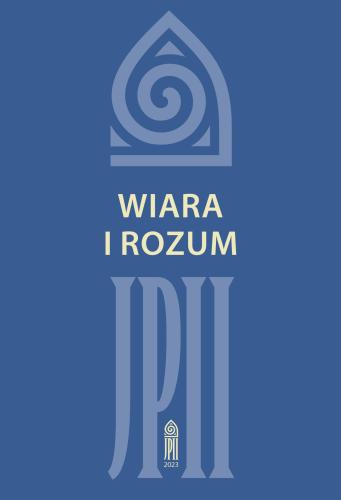Istota i granice poznania naukowego
Streszczenie
The essential aim of the mathematical natural sciences is knowledge of laws of nature, which depend on the scales of various phenomena in the Universe. Moreover, the limits of scientific knowledge result from the principle of falsifiability. According to Karl Popper’s critical rationalism, science requires knowledge that is verified intersubjectively, and new hypotheses should reveal the limits of the knowledge previously recognized. Admittedly, science cannot give any ultimate answer for the problem of the origin of the Universe, or even for the emergence of life and thought. But it could shed new light on the old-age philosophical conundrum: “Why does something exist instead of nothing?”. It seems that according to the standard Big Bang model, some new scenarios based on the general theory of relativity and quantum physics, including the quantum model for the creation of the Universe or possibly collision of branes in string theory, could help us understand the origin of the world. Reason organizing the world, which is the principle of science, the Greeks called Logos. From Greeks this term was taken over by the New Testament. Therefore, I sincerely hope that the philosophy and theology of science based on mathematical natural sciences will allow for a better understanding of the meaning of human existence in the Universe. This work has been partially supported by the National Science Centre, Poland (NCN), through grant No. 2021/41/B/ST10/00823.



